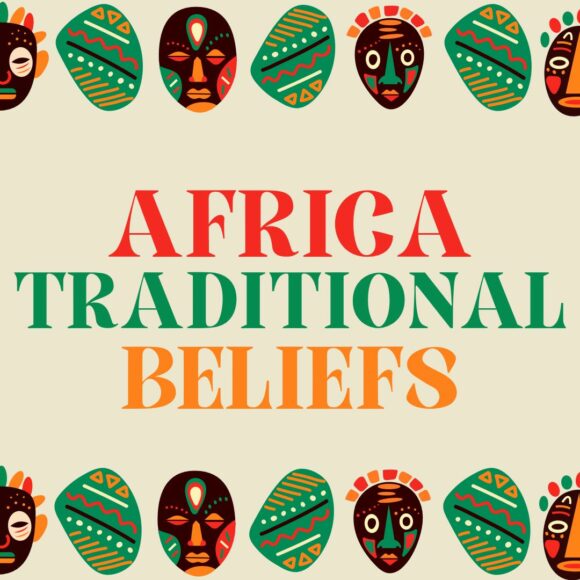
by Antonio Napoli
The paths of memory can intertwine scattered and distant destinies, but—according to that law which turns all things into their opposites—they can also separate lives that once seemed inseparably bound.
We all dined together in one of the many taverns near the port, and while mother, son, and grandfather—exhausted by the turmoil of their mutual revelations—retired to the rented rooms, I and my two Greek friends continued our conversation until, with a friendly air, the two commanders of the ships that had brought us ashore entered the room.
Although Carthage had become a confederate of Rome after its defeat at the hands of Scipio—who had taken part of its army and stripped much of its wealth through a heavy tribute—resentment and long-standing bitterness still lingered in the heart of the Carthaginian people.
Nonetheless, the two naval commanders, though united by their shared love of the sea, were not divided by their national loyalties.
As soon as they noticed us, they sat at the long table and invited the Jew, who was brooding silently in a corner over his guilt for having disobeyed his God, to join the company.
“What news from Rome? What’s the mood like?” asked the Carthaginian commander, Himilco.
“In Rome, everything and its opposite is said. That’s the beauty of the Republic!” replied the Roman commander, whose name was Furius. “Some cry out for Carthage’s final destruction, while others claim the city must be allowed to continue existing.”
“It’s convenient to have a fearsome enemy on the state’s borders,” observed Timaeus.
“A fair point,” Furius confirmed. “The people, spoiled by luxury, have grown so insolent and arrogant that the Senate struggles to govern them. The idea of an external enemy, still capable of inspiring fear, serves to restrain the boldest among them—it’s a stabilizing element for the Republic. And what about Carthage, what’s the word there?”
“You want the truth?” Himilco replied. “The city is not at all exhausted or crushed, as you Romans believe. On the contrary, it is full of strong youth, of riches, of weapons and military equipment… But don’t think that because of all this, we long for another war. We are focused on expanding trade, and the more our commerce flows undisturbed, the more our horizon remains free of troubling clouds.”
“I fear that, should there be war—the gods forbid—it won’t be for military reasons, but because of the fears and jealousies of our merchants, who grow ever more greedy for profit,” Furius clarified.
“What worries me more now is the greed of that Massinissa,” Himilco replied.
“A king very close to the family of the Scipios… Tell me, do the Numidians trouble you?”
“They most certainly do,” said Himilco. “They offer more than one pretext for war, and no one cares to mediate between us and Massinissa with justice.”
“There can never be stability without justice,” Timaeus interjected, and he was about to launch into one of his impassioned speeches when the Roman turned gravely to Yedidyah: “And what do you think, Jew?”
Yedidyah did not hesitate: “I think the Carthaginian gods, thirsty for blood, are false, and that the human sacrifices demanded by your savage cult are already preparing the downfall of a city devoid of that religious piety which makes a people great. As for Rome, I believe that one day, once great and powerful itself, it will see its reflection in the decline of this thriving African city and will yearn for the austere homeland of its beginnings, for the honesty of its old customs.”
“Honest and wise, the Jew,” remarked the Roman, casting a glance at the Carthaginian.
“He is above all a man of courageous tongue,” noted Himilco. “A virtue increasingly rare…”
“What can be expected of us men?” I then said. “Sooner or later, we lose our sense and prudence. It happens because, as time wears us down, our memory grows weaker and its light fades.”
The Carthaginian gave the faintest nod, but a shadow of memory passed through his eyes. The Roman, instead, looked away, as if truth had stung him.
And on my words a melancholy silence fell, one that led us to part ways, each heading toward a heavy sleep.
The awakening was shaken by upheavals and hasty decisions.
Speusippus said he had had a terrible vision, but I suspected the content of that dream had more to do with the topic of our evening discussion than with a real omen. And yet he trembled with the need to share that dreadful anticipation of the future with Elissa.
Gisgo, his eyes lit with a restless fire, wanted to leave, return home, and set out in search of his lost daughter, Ishara. Elissa was undecided: to follow him with the child, or to go to her brother Hannibal and present him his nephew, entrusting the boy to his education, so that he might raise him as a worthy heir of his proud and clever spirit. The grandfather, bewildered, did not wish to contest the child’s fate, and no longer knew what advice to give.
It was then that Speusippus spoke, his voice grave:
“Elissa, do not return to Carthage. You will not know the peace of old age, nor will your son grow up in happiness, in a homeland doomed to perish…
I saw the siege laid upon the walls, I saw gold and silver melted to forge new weapons, I saw women cutting their hair to make bowstrings,
I saw the city defend itself against the Romans with desperation, but in vain, and then I saw—after six days and six nights of furious street fighting and burning homes—I saw the Roman general have a plow drawn through the smoldering ruins,
and have salt sown in the furrow, as a sign of eternal scorn.”
Elissa and Speusippus stared at each other so closely that each other’s pupils were reflected in their eyes, as if for an instant their souls had exchanged places. It seemed to me that love had sparked between them, after Speusippus had restored the son to his mother through memory.
The decision was made: Elissa and Asdrubal would go to Hannibal.
Then Speusippus turned to me and said:
“My friend, we must part ways. I will go with them. I no longer need to immerse myself in the river of forgetfulness…
I have lost one family and found another.
What I did not do enough for the first, I will do more for the second.
This is my chance for redemption, my opportunity to end my days with meaning, even if I should meet new obstacles. May your path grant you what your desire seeks.”
We embraced, and we burst into tears.
Timaeus also made his decision: he would accompany Gisgo on the journey back, but once disembarked in Carthage, he would continue on to Calabria—where Plato and his disciple Aristotle were said to have studied under philosophers born and nurtured in that remote tip of Italy.
Thus I parted from my companions, just as the wind began to whisper a kind of calling and the sun burned as if to erase the road behind me.
I cannot say exactly what drove me to head south, other than that sudden need for silence, for solitude, for something that had the voice of sand… and the promise of oblivion.
